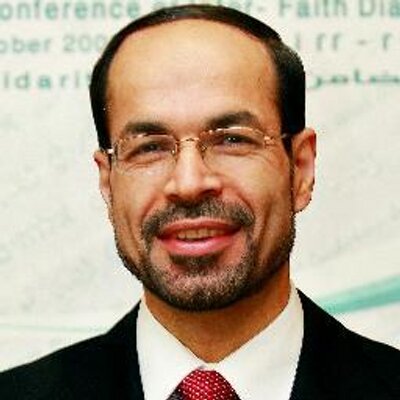WASHINGTON, D.C.-– The Council on American-Islamic Relations (CAIR), the nation’s largest Muslim civil rights and advocacy organization, condemned India’s adoption of a citizenship law that discriminates against the naturalization of Muslim immigrants from neighboring countries.
CAIR also called on the House of Representatives to immediately adopt H.R. 745, a resolution urging the Indian government to respect the human rights of all people, and for the U.S. government to sanction key Indian government leaders responsible for enacting and implementing the anti-Muslim policy.
On December 10, the government of India passed a Citizenship Amendment Act (CAA) that legalized the granting of citizenship based on religion and specifically excluded Muslims from obtaining citizenship. India also is planning to implement a pan-India citizen verification process known as the National Register of Citizens (NRC). The combination of CAA and NRC would give the Indian Government legal grounds to declare Indian Muslims as non-citizens.
The Indian state of Assam has already stripped at least 1.9 million Indians of their citizenship and is constructing prison camps to detain these now stateless people — and expelled all international journalists from the state.
“Our government must follow the recommendations of the U.S. Commission on International Religious Freedom and sanction ‘principal leadership’ in the Indian government responsible for this discriminatory anti-Muslim citizenship law,” said CAIR National Executive Director Nihad Awad. “Congress must also send a clear message to Indian Prime Minister Modi that we will not tolerate the state persecution of any minority in India, including Muslims.”
Awad added: “We are getting close to a situation in which the Indian government will round up Indian Muslim citizens and Muslim immigrants and indefinitely detain them in state run concentration camps – a human rights disaster in the making that must be avoided through immediate diplomacy and civil action.”
CAIR is also calling on all Americans to urge their U.S. House representative to co-sponsor and support the adoption of a bipartisan resolution by Reps. Pramila Jayapal (D-WA) and Steve Watkins (R-KA) — House Resolution 745 — titled: “Urging the Republic of India to end the restrictions on communications and mass detentions in Jammu and Kashmir as swiftly as possible and preserve religious freedom for all residents.”
CAIR notes that Congresswoman Jayapal is the first Indian-American woman elected to Congress. The resolution in part urges the government of India to reject arbitrary detention, use of excessive force against civilians, and suppression of peaceful expression of dissent as proportional responses to security challenges – and ensure that any actions taken in pursuit of legitimate security priorities respect the human rights of all people and adhere to international human rights law.
Since the passage of CAA bill, many political parties, human rights organizations and Indian Muslim organizations have opposed the CAA in democratic and peaceful ways, including marches, statements and hunger strikes. Students of two universities, Jamia Millia Islamia (JMI), based in New Delhi, and Aligarh Muslim University (AMU), based in Aligarh, have been protesting the adoption of the CAA.
There have been numerous reports of excessive force by Indian Police with eight killed and more than 1,200 protestors across the county detained. The Indian government has now banned protests and cut internet in parts of the nation’s capital Delhi and throughout the states of Uttar Pradesh and Karnataka.
In October, CAIR submitted a written statement to the House Foreign Affairs Subcommittee on Asia, the Pacific, and Nonproliferation’s hearing on “Human Rights in South Asia: Views from the State Department and the Region.” CAIR’s statement focuses on Kashmir and the Indian government’s revocation of that region’s protected status and accompanying human rights abuses. The hearing was convened by Subcommittee Chairman Rep. Brad Sherman (D-CA).
CAIR is America’s largest Muslim civil liberties and advocacy organization. Its mission is to enhance understanding of Islam, protect civil rights, promote justice, and empower American Muslims.
















